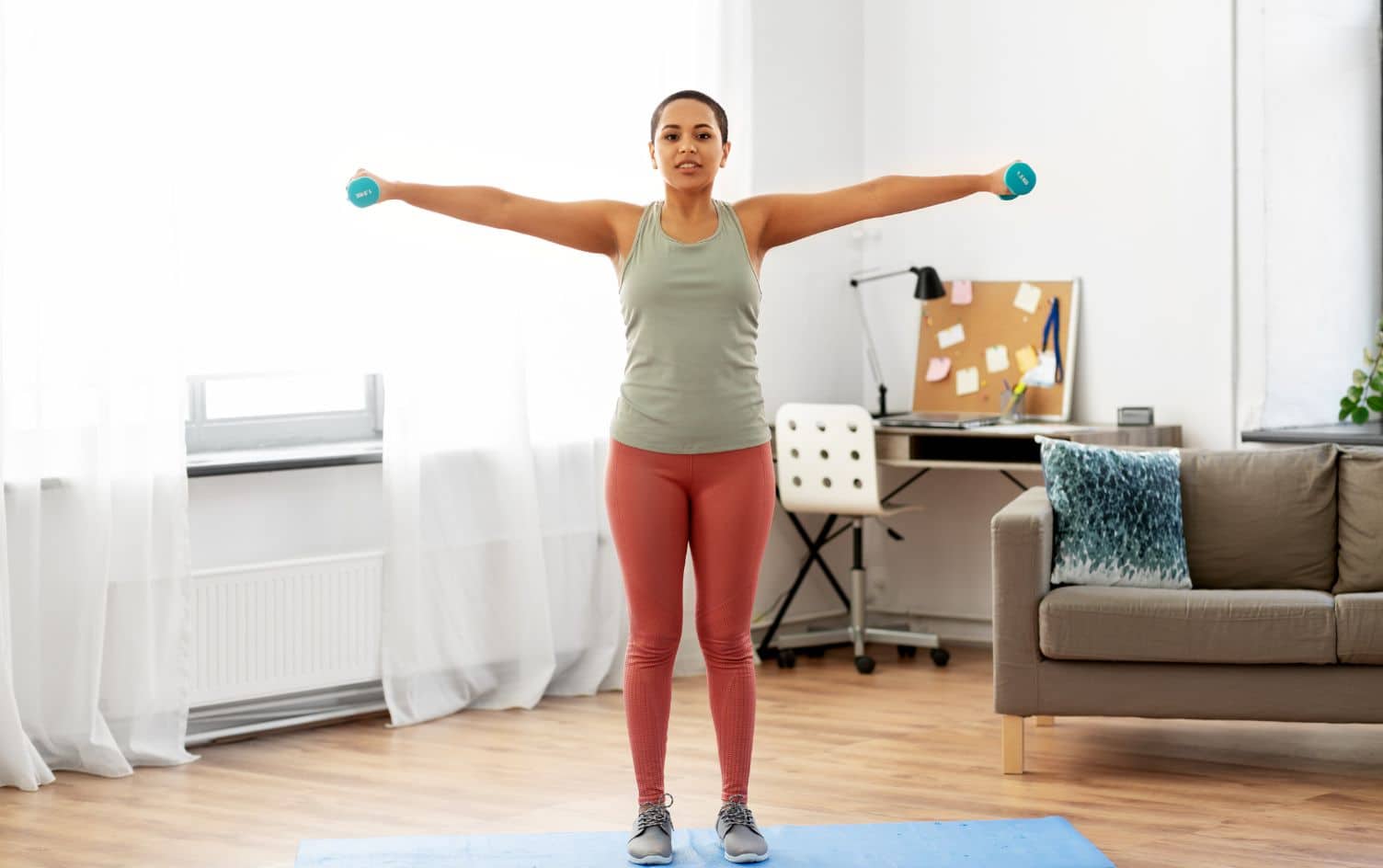Whether you want to set a marathon PR or earn MVP accolades in your recreational sports league, training is not enough. You also need to spend sufficient time on rest and recovery.
There are strong ties between sleep and athletic performance, according to Charlene Gamaldo MD, medical director at the Johns Hopkins Center for Sleep.
“Athletes need more sleep to adequately recover from training,” says Gamaldo. “If you’re not giving your body the sleep it needs to recover, you’re probably doing your training a disservice.”
THE IMPACT OF LACK OF SLEEP
In a literature review published in the journal Sports Medicine, researchers noted that a lack of sleep was linked to slower reaction times, reduced muscular strength, speed and impaired grip strength. The problem is especially pronounced for athletes requiring skills beyond rote endurance such as soccer or hockey players who make split-second decisions about their next moves, according to Gamaldo.
One night of sleep deprivation might not cause you to strike out at bat or cross the finish line last, but chronic sleeplessness takes its toll on your athletic performance.
“Most of us have some level of partial sleep deprivation and there is so much variability between individuals for performance to recover from sleep debt,” Gamaldo says.
In fact, the American Sleep Association reports that more than 35% of adults get less than the recommended 7–9 hours of sleep per night — and athletes might need as much as 10 hours of sleep per night to recover from training, according to Gamaldo.
Despite a negative connection between sleep deprivation and performance, research showed that two nights of fragmented sleep did not affect heart rate, oxygen consumption or core body temperature during high-intensity treadmill sessions. In other words, a perception of fatigue tanks performance.
“There is a ‘fatigue mindset’ that makes you feel like you can’t do it anymore even when your body is still able to perform,” says Gamaldo. “It’s harder to maintain an exercise routine when you feel too tired to enjoy it.”
THE SLEEP-EXERCISE CONNECTION
Whether you’re training for a podium finish or working out to lose weight, you should make sleep a crucial component of training. If you work out regularly, prioritizing sleep might be easier than you think.
“Exercise actually increases the drive to sleep,” Gamaldo explains.
A study published in the journal Sleep found that regular exercise or participation in sports improved sleep quality among middle-aged women; additional research showed that getting at least 150 minutes of moderate-intensity physical activity every week helped reduce insomnia.
The effects might be reversed if you’re working out before bed. Gamaldo notes that 30 minutes of moderate-intensity exercise causes your endorphins and adrenaline to spike; if this happens in the two hours before bedtime, it could make it harder to fall asleep.
“You might be more pumped up but you have to listen to your body,” she says. “If you don’t think exercising before bed affects your sleep, and it’s the only time you can fit in a workout, do it.”
Rest assured that your regular sweat sessions are not only burning calories and building muscle, they’re also helping you fall into dreamland.




